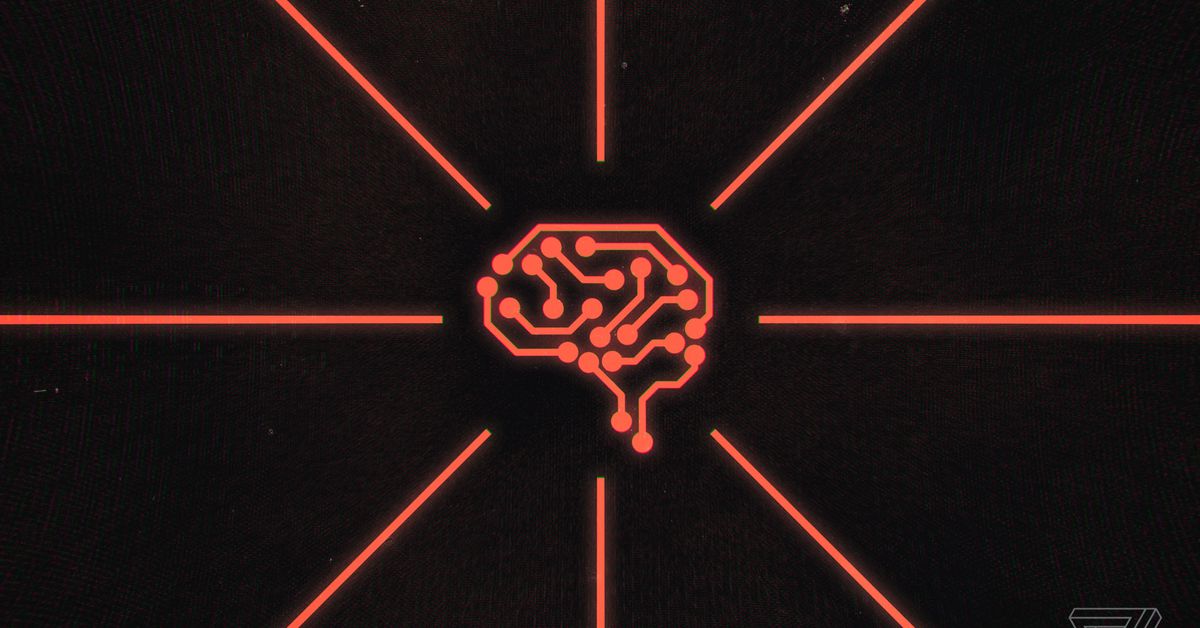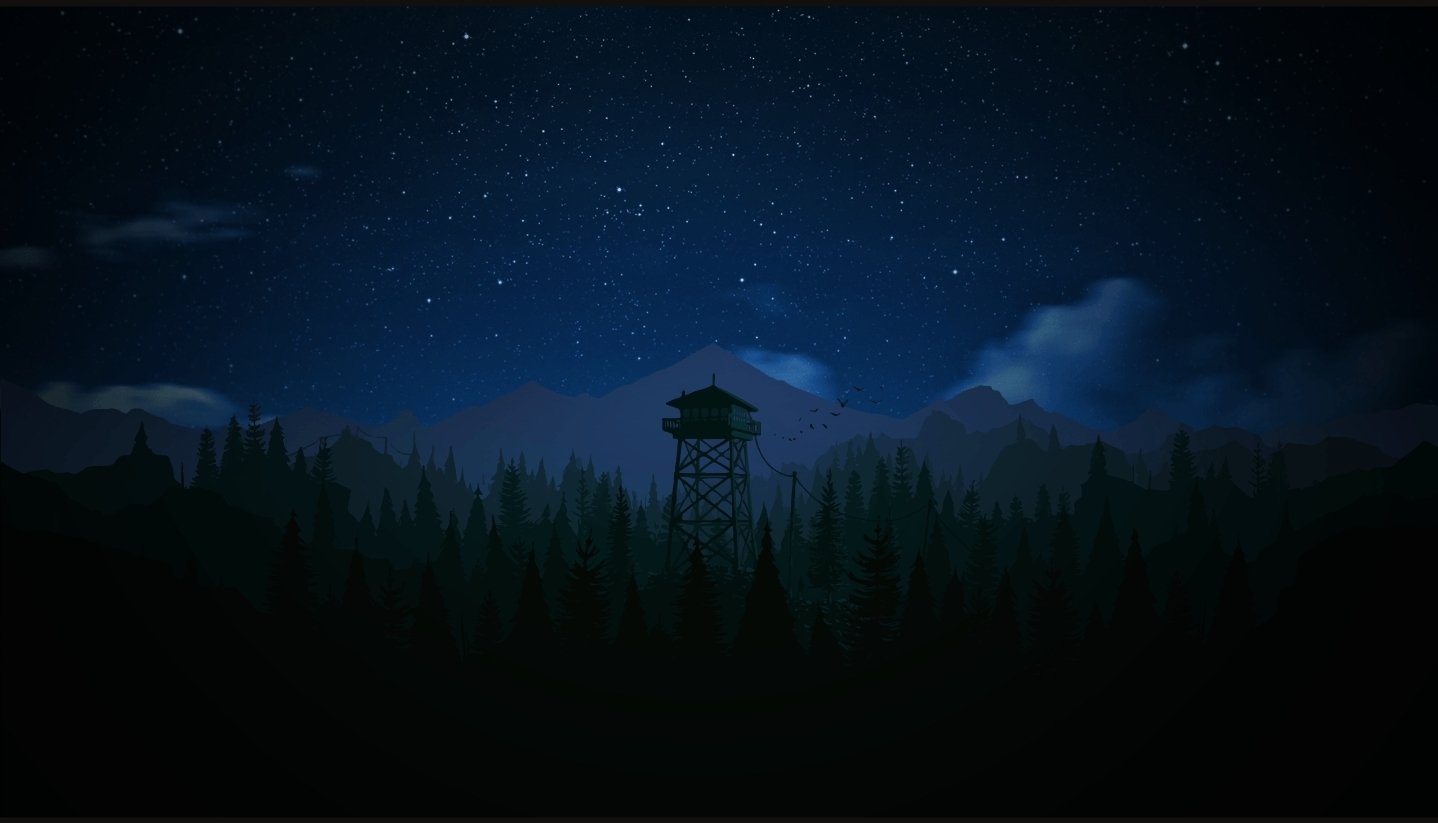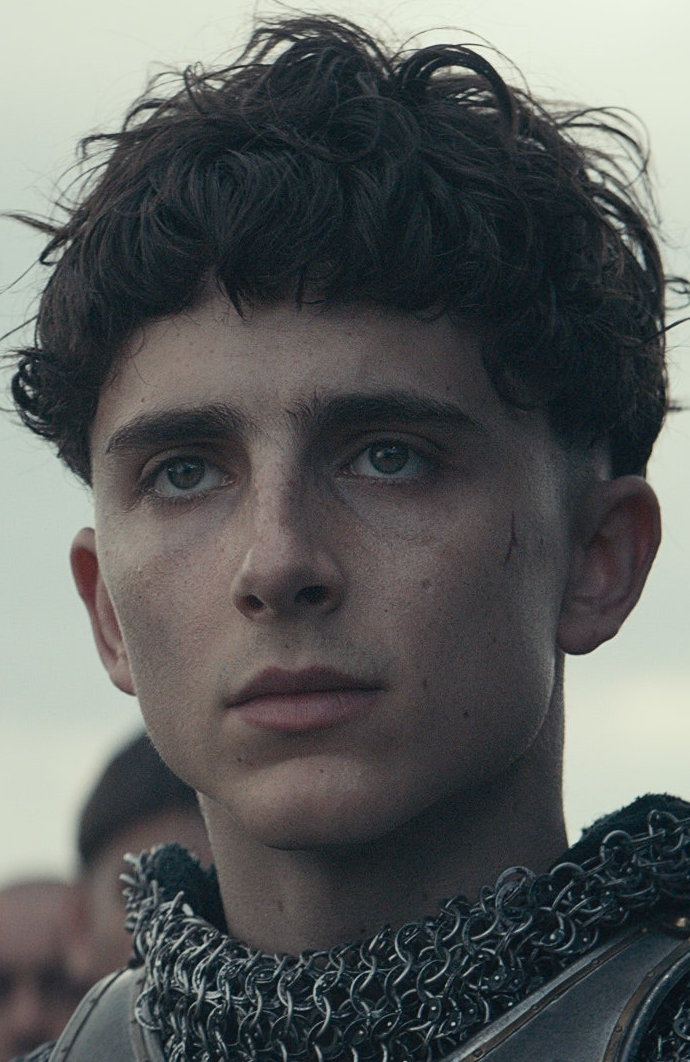- cross-posted to:
- hackernews@derp.foo
- technology@lemmy.world
- cross-posted to:
- hackernews@derp.foo
- technology@lemmy.world
AI companies have all kinds of arguments against paying for copyrighted content::The companies building generative AI tools like ChatGPT say updated copyright laws could interfere with their ability to train capable AI models. Here are comments from OpenAI, StabilityAI, Meta, Google, Microsoft and more.
Then feel free to give your copyrighted AI code a free software license :3
This. If the model and its parameters are open source and under an unrestricted license, they can scrape anything they want in my opinion. But if they make money with someone’s years of work writing a book, then please give that author some money as well.
But if they make money with someone’s years of work writing a book, then please give that author some money as well.
Why? I’ve read many books on programming, and now I work as a programmer. The authors of those books don’t get a percentage of my income just because they spent years writing the book. I’ve also read (and written) plenty of open source code over the years, and learned from that code. That doesn’t mean I have to give money to all the people who contributed to those projects.
But you bought the books
He might’ve borrowed them from a library.
OpenAI could’ve trained on borrowed ebooks as well
Like with most things, consent and intent matter. I went out on Halloween when I was a kid and got free candy, so why is it bad if I break in and steal other people’s candy?
You say you are programmer not writing books about programming. Your argument doesn’t work.
I will never be totally happy with this situation until they’re required to offer a free version of all the models that were created with unlicensed content.
As I’ve said before: Sure, go ahead, train on copyrighted material, but anything AI generates shouldn’t be copyrightable either - it wasn’t created by a human.
That’s exactly the way it is now.
Not where I live. In the U.K. copyright for AI generated works is owned by the person that caused the AI to create the work. See s178 and s9(3) of the Copyright, Design and Patent Act of 1987.
Problem is that small modifications already make it copyrightable again.
Well I mean…so do I.
Stock image companies have probably the strongest CR claim here IMO. An AI trained off their images without paying for licence could act as a market replacement for their service.
Tough tits. Imagine all the books, movies and games that could have been made if copyright didn’t exist. Nobody else gets to ignore the rules just because it’s inconvenient.
Honestly, if tech companies have to battle it out in court with Disney, imma grab some popcorn and watch the money go brrrrr.
Epic lawsuits round 2… “There are no heroes here”
And if it’s ok. Then what’s the limit on what an AI is, do you have to prove an AI made it? Or can you just write some repetitive work and say it’s made by AI and dodge copyright?
That’s the key, humans can take inspiration from other people’s copyrighted work, why can’t AI?
Because they cant. They do not have the ability to be creative or be inspired.
Why can’t they? Sure if you ask it to make a pixel perfect replica of the Mona Lisa it will probably do it. But if you’re asking it to make something new it will make something new.
Then you don’t need to use copyrighted material as training data. If the AI can be creative and make new things it doesn’t need the copyrighted material. Just tell it to make new things and use the new things to make other new things.
Here is what deliberative experts way smarter and more knowledgeable than I am are saying ( on TechDirt )
TLDR: Letting AI be freely trained on human-made artistic content may be dangerous. We may decide to stop it so long as capitalists control who eats and lives. But copyright is not the means to legally stop it. This is a separate issue to how IP law is way, way broken. And precedents stopping software from training on copyrighted work will be used to stop humans from training on copyrighted work. And that’s bad.
Agree, it’s not much different from a human learning from all these sources and then applying said knowledge
Scale matters. For example
-
A bunch of random shops having security cameras, where their employees can review footage
-
Every business in a country having a camera connected to a central surveillance network with facial recognition and search capabilities
Those two things are not the same, even though you could say they’re “not much different” - it’s just a bunch of cameras after all.
Also, the similarity between human learning and AI training is highly debatable.
Both of your examples are governed by the same set of privacy laws, which talk about consent, purpose and necessity, but not about scale. Legislating around scale open up the inevitable legal quagmires of “what scale is acceptable” and “should activity x be counted the same as activity y to meet the scale-level defined in the law”.
Scale makes a difference, but it shouldn’t make a legal difference w.r.t. the legality of the activity.
Scale makes a difference, but it shouldn’t make a legal difference w.r.t. the legality of the activity.
What do you think the difference between normal internet traffic and a ddos attack is?
Intent is part of it as well. If you have too many people who want to use your service, you’re not being attacked, you have an actual shortage of ability to service requests and need to adjust accordingly.
In this context I meant that it was the same person doing a “normal” thing at such a scale that it becomes illegal. Scale absolutely is something that can turn something from legal to illegal.
But isn’t the intent and not the scale that makes it illegal? Scale only evidence for the intent.
Lack of consent and the intent to cause harm.
Ok, then how about automated cold calling vs “live” cold calling?
Falls under unwanted calls, you should be able to opt out of both (though I believe both are currently legal in the US).
Legally no difference
-
When Google trained their playing neural network, they trained it to starcraft2 . It was better at it than professional gamer. It trained by watching 100years of play. Or 36500 days of play. Or 876000 hours of play.
Does a human can do that ? We both know it’s impossible. As the other person said, the issue is scale.
This thread is interesting reading. Normally, people here complain about capitalism left and right. But when an actual policy choice comes up, the opinions become firmly pro-capitalist. I wonder how that works.
Human beings are funny characters. They only care when it starts to affect them personally otherwise they say all kinda shit.
Everyone’s always up for changing things until it comes to making the actual sacrifices necessary to enact the changes
That’s the thing. I don’t see how there is sacrifice involved in this. I would guess that the average user here has personally more to lose than to gain from expanded copyrights.
Most of these companies are just arguing that they shouldn’t have to license the works they’re using because that would be hard and inconvenient, which isn’t terribly compelling to me. But Adobe actually has a novel take I hadn’t heard before: they equate AI development to reverse engineering software, which also involves copying things you don’t own in order to create a compatible thing you do own. They even cited a related legal case, which is unusual in this pile of sour grapes. I don’t know that I’m convinced by Adobe’s argument, I still think the artists should have a say in whether their works go into an AI and a chance to get paid for it, but it’s the first argument I’ve seen for a long while that’s actually given me something to think about.
Yeah the difference is that a software company still makes money if you use their working code to improve your own shit. You’re not allowed to just copy paste Oracle’s entire repo and then sell it as your own original code.
This is the best summary I could come up with:
The US Copyright Office is taking public comment on potential new rules around generative AI’s use of copyrighted materials, and the biggest AI companies in the world had plenty to say.
We’ve collected the arguments from Meta, Google, Microsoft, Adobe, Hugging Face, StabilityAI, and Anthropic below, as well as a response from Apple that focused on copyrighting AI-written code.
There are some differences in their approaches, but the overall message for most is the same: They don’t think they should have to pay to train AI models on copyrighted work.
The Copyright Office opened the comment period on August 30th, with an October 18th due date for written comments regarding changes it was considering around the use of copyrighted data for AI model training, whether AI-generated material can be copyrighted without human involvement, and AI copyright liability.
There’s been no shortage of copyright lawsuits in the last year, with artists, authors, developers, and companies alike alleging violations in different cases.
Here are some snippets from each company’s response.
The original article contains 168 words, the summary contains 168 words. Saved 0%. I’m a bot and I’m open source!
Tables turned
So this has been going around in my head for the last couple days. Why are opinions here, on this topic, so decidedly right-wing?
I’ll have to pick this apart.
Copyrights are a form of property. Where such intellectual property is used to make money, it is intangible capital. License payments are capital income. Property is distributed very unequally. Most of it is owned by rich people. Those who demand license payments here are literally demanding that more money should go to rich capitalists.
People who create copyrighted materials for their employers do not own the copyrights thereto. They are just like factory workers who do not own the product either. The people who worked on animations in the pre-CGI era were basically factory workers. When these jobs disappeared due to computers, where was the hand-wringing?
A brush-wielding artist has as much to do with the copyright industry as a pitchfork-wielding farmer with the agro-industry.
This isn’t even normal capitalism but the absolutely worst kind. The copyrighted material was uploaded to the net for many reasons, including making a profit. Some people used this publically available resource to train AIs. The owners contributed no labor. They were affected so little that they mostly seem to have been unaware that anything was going on.
The sole argument for paying seems to be mainly “muh property rights!”. I am not seeing any consideration of the good of society, public benefit, the general welfare, or anything of the sort. Those who say the trained AI models should be released for free, seem to imply that they should not be able to profit, because they looked at someone else’s property.
This is far more capitalistic than even US capitalism.
Consider patents. To get a patent, a new invention has to be registered, which involves publishing how it works in enough detail so that others can copy it. Then the government will enforce a monopoly on that invention for 20 years. During that time, the inventor can demand license fees. But also, other people can learn from it and maybe find other solutions. After those 20 years, the knowledge becomes public domain. This is often framed as a social contract: temporary monopoly in exchange for advancing knowledge. Scientific discoveries don’t get anything at all.
Compared to how copyright is treated by so many here, actual US capitalism looks almost like socialism!
US copyright used to work exactly like patents, with the same duration. Today, copyrights last until 70 years after the death of the creator. It’s just FUBAR. The US Constitution, far-left manifesto that it is, still it limits to the purpose of promoting intellectual output (to put it in modern terms). It is supposed to help society and not to enable capitalist grift.
People like to blame corrupt politicians or lobbyists for what is going wrong in the US but perhaps US politics is delivering exactly what people want. They may not like the necessary and predictable outcome of their choices, but it’s still what they want.
Americans left and right curse those evil corporations. Of course, Americans side with the individuals when some faceless corporation tries to bully money out of them. Well, a union is just such a corporation. Look up the definition of corporation if you don’t believe me.
The billion dollar companies will win, and we’ll be better off for it. AI models need training, the idea that the open internet shouldn’t be used to train it is asinine. AI is the future.














